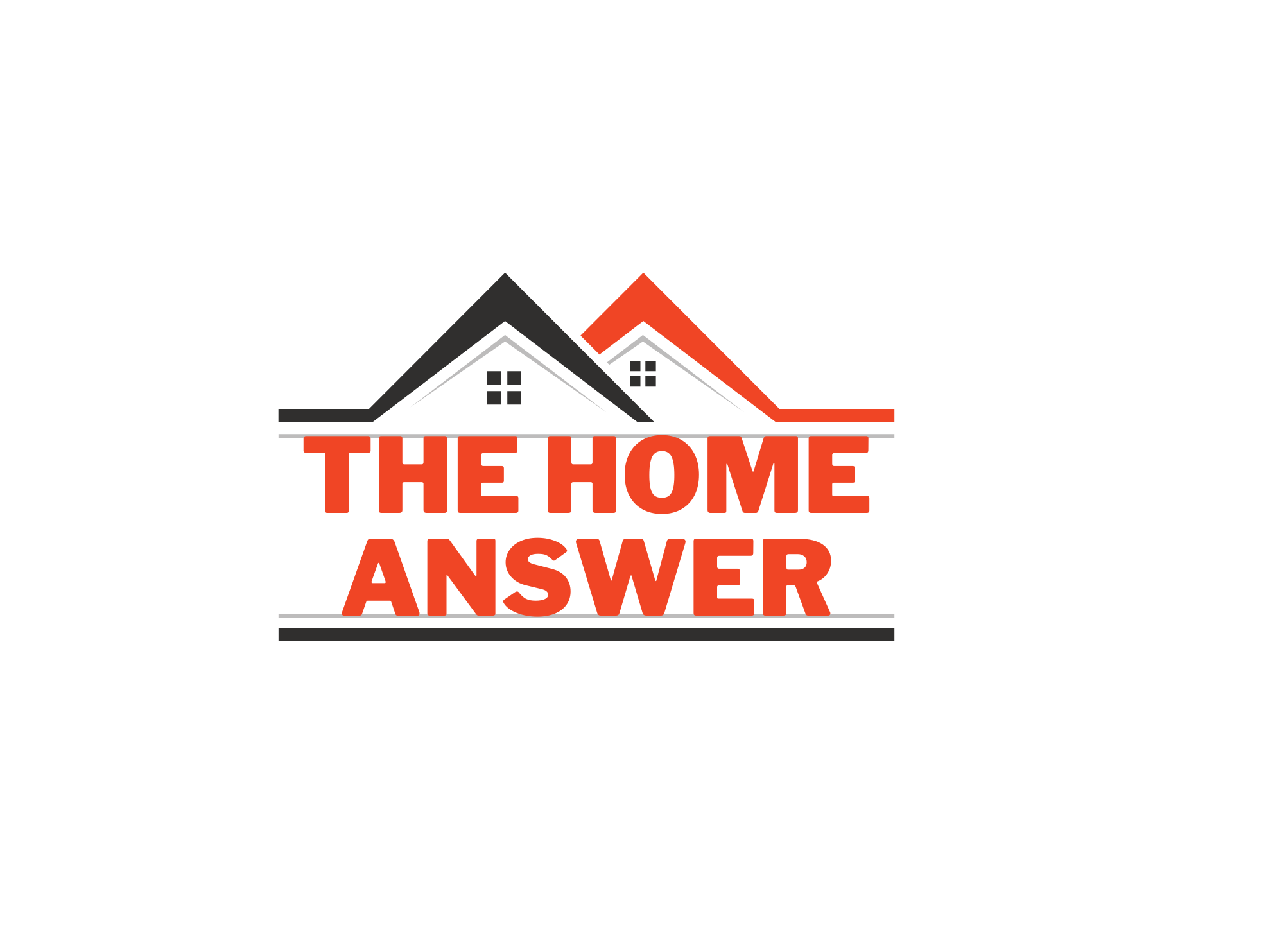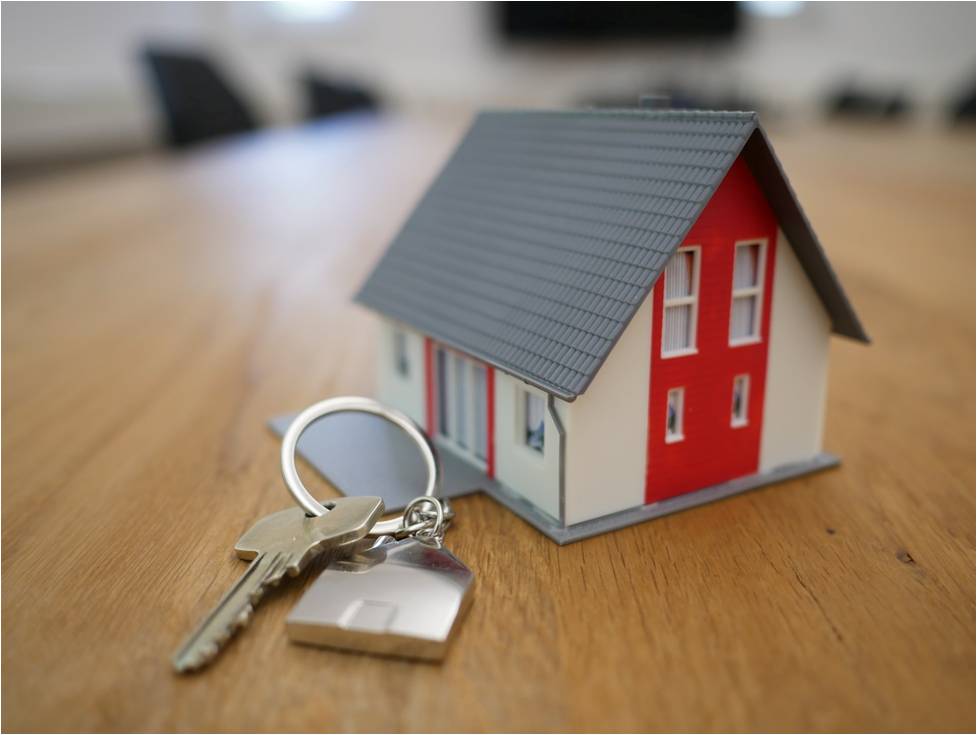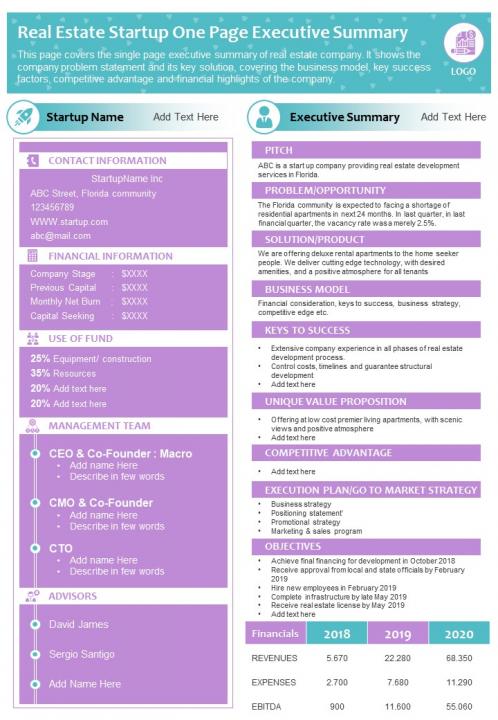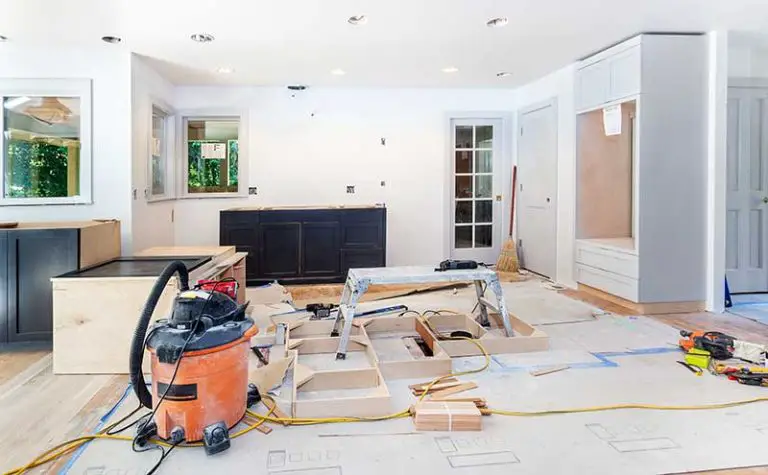What You Should Know As A New Homeowner?
As a new homeowner, you are now responsible for managing, maintaining, and improving your own property. This can be an exciting and overwhelming experience. Before you settle into your new home, there are a few things you should be aware of. Understanding the basics of homeownership can help you make informed decisions and protect your home and its value. From understanding the responsibilities of being a homeowner to knowing how to save on energy costs, here is what you should know as a new homeowner.
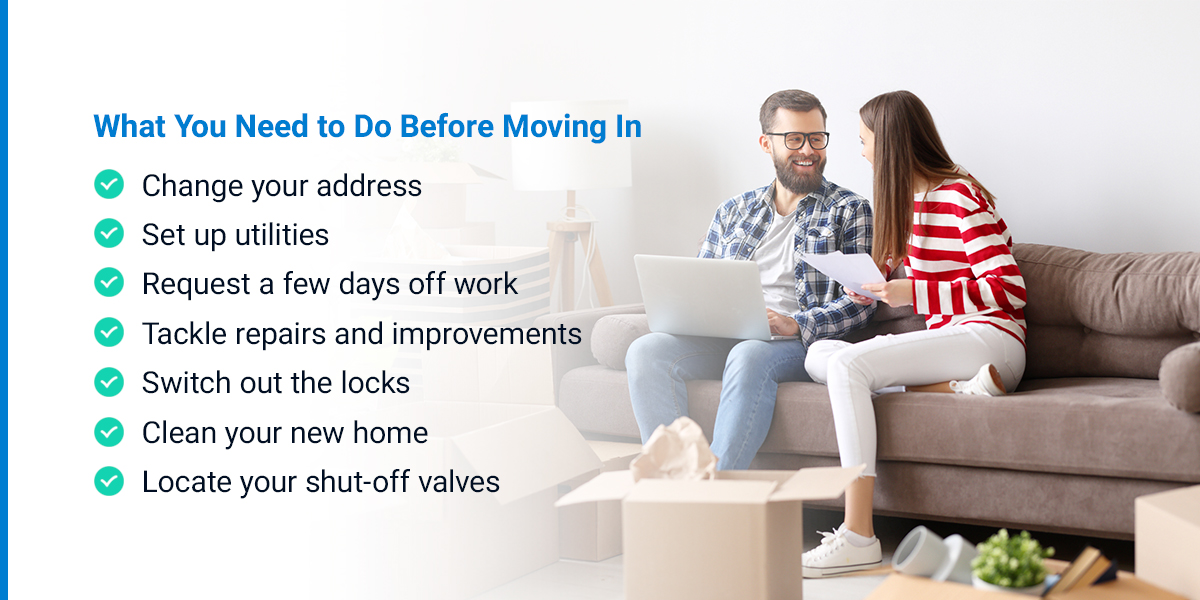
Setting a Budget
Setting a budget is one of the most important steps you can take to ensure your financial success. A budget helps you to track your spending, plan for future expenses, and save money. It also helps you to understand your financial situation and make decisions that are in line with your goals. Creating a budget can be a daunting task, but it doesn’t have to be. By taking the time to track your income and expenses, you can develop a budget that works for you. You can also use budgeting tools and resources to help you stay on top of your finances and make sure you’re staying within your limits. With a budget, you can take control of your finances and make the most of your money.
Understanding Your Mortgage
A mortgage is one of the largest financial commitments you’ll ever make, so it’s important to understand the ins and outs of the process. Understanding your mortgage can help you make informed decisions and save money over the life of your loan. Knowing the different types of mortgages, available interest rates, and the tax implications of your mortgage can help you make an informed decision and get the best deal. Additionally, understanding the fees associated with your loan can help you budget better and avoid unexpected expenses. With the right information and guidance, understanding your mortgage can be an empowering experience.
Getting Homeowners Insurance
Getting homeowner’s insurance is a necessary component of owning a home. It provides peace of mind and financial protection in the case of an unexpected loss due to fire, theft, or any other incident that may occur. It also helps protect you if you are held liable for any injury or damage caused by an accident on your property, such as a slip and fall. Homeowners insurance covers the cost of repairs to your home, as well as any items that may be stolen or damaged. It’s important to shop around and compare different policies and rates to make sure you are getting the best coverage for the best price.
Making Home Improvements
When it comes to making home improvements, it can be an exciting yet challenging process. From choosing the right materials to finding the best contractor for the job, there are countless decisions to be made before the project is complete. Whether it’s a simple paint job or a major renovation, taking the time to research and plan your project will help you make the most of your investment. With the right resources, you can create a beautiful space that you’ll enjoy for years to come. From budgeting tips to home design trends, our blog will provide you with the information you need to make the most of your home improvement projects.
Maintaining Your Home
Maintaining Your Home – Everyone wants their home to be a relaxing and comfortable space, but keeping it in top condition is easier said than done. It’s important to stay on top of your home maintenance, from inspecting and replacing air filters to regularly cleaning carpets. This blog is here to provide you with helpful tips and tricks to keep your home looking and feeling its best, from small simple tasks to bigger home renovation projects. Whether you’re a DIY expert or a novice, you’ll find something useful here to help you keep your home in tip-top shape.
Understanding Property Taxes
Property taxes are an important source of revenue for local governments and can play a key role in shaping the economic and social landscape of a community. Property taxes are levied by local governments on the assessed value of a property, which is generally based on the current market value. Taxes are typically assessed annually, and the amount can vary depending on the jurisdiction, the type of property, and other factors. Property taxes are used to fund essential services and infrastructure needed by the community, such as schools, roads, and public safety. Understanding property taxes is important for homeowners, investors, and businesses, as the amount paid can have a significant impact on their financial situation. Therefore, it is important to be knowledgeable about how property taxes are assessed, the rates of taxation, and how to appeal an assessment if it is found to be incorrect.
Building Equity in Your Home
Building equity in your home is a great way to increase your net worth and financial stability. Equity is the difference between the market value of your home and the amount you owe on it. Over time, as you pay down your mortgage, make improvements, or the value of your home increases, you can build equity. This equity can be used to finance other investments, pay off debts, or be taken out as a lump sum for other major expenses. Building equity can be a smart and secure way to secure your financial future and build wealth.
Managing Financial Emergencies
Managing financial emergencies can be an overwhelming and daunting task. It takes time, patience, and organization to get through them. It’s important to remember that while financial emergencies can be stressful, they can also be managed. Start by assessing the emergency and determining how much money is needed to resolve the issue. Next, take the necessary steps to minimize additional expenses and create a budget plan to better manage your finances. Finally, consider all available resources like government assistance programs or taking out a loan to help cover the cost. With a plan in place, you can more easily manage any financial crisis.
Conclusion
As a new homeowner, it is important to be aware of the responsibilities that come with owning a home. It is important to be aware of the costs associated with homeownership, such as mortgage payments, taxes, insurance, and maintenance costs. It is also important to be aware of the local building codes and zoning regulations that may affect your property. Finally, it is important to be mindful of any safety concerns in your home, such as smoke detectors, carbon monoxide detectors, and fire extinguishers. By being aware of these factors, you can make sure that your new home is a safe and enjoyable place to live.
